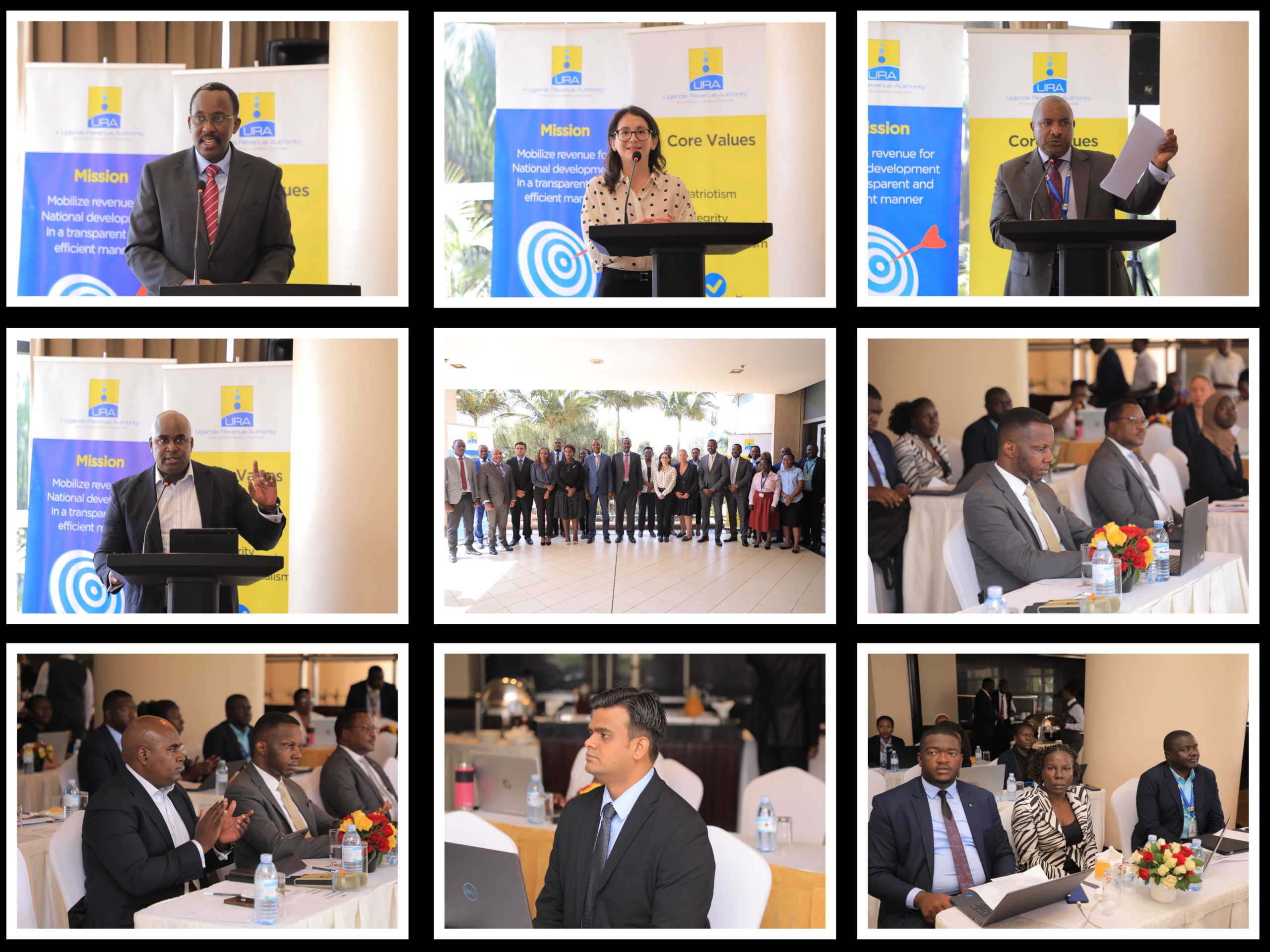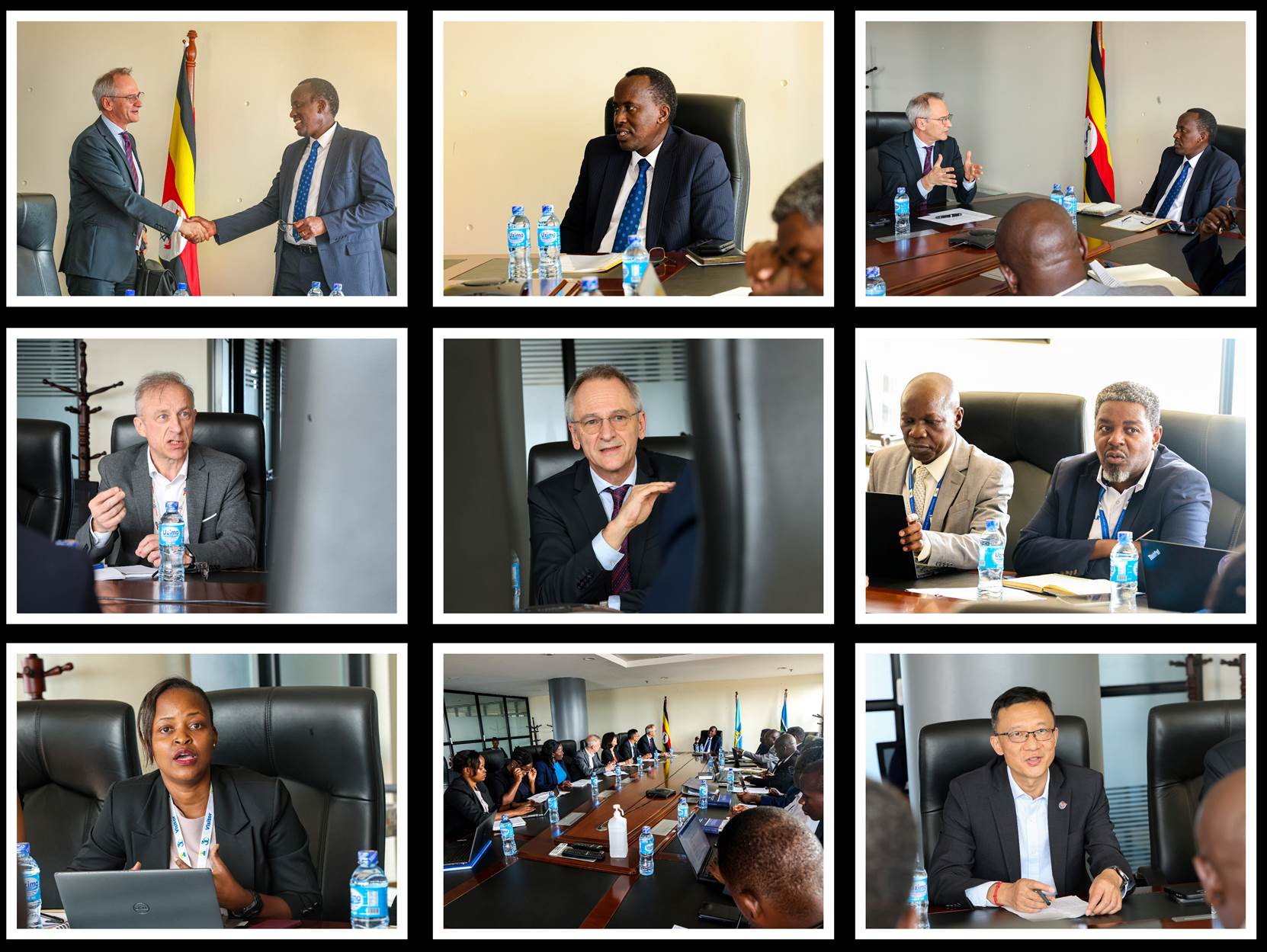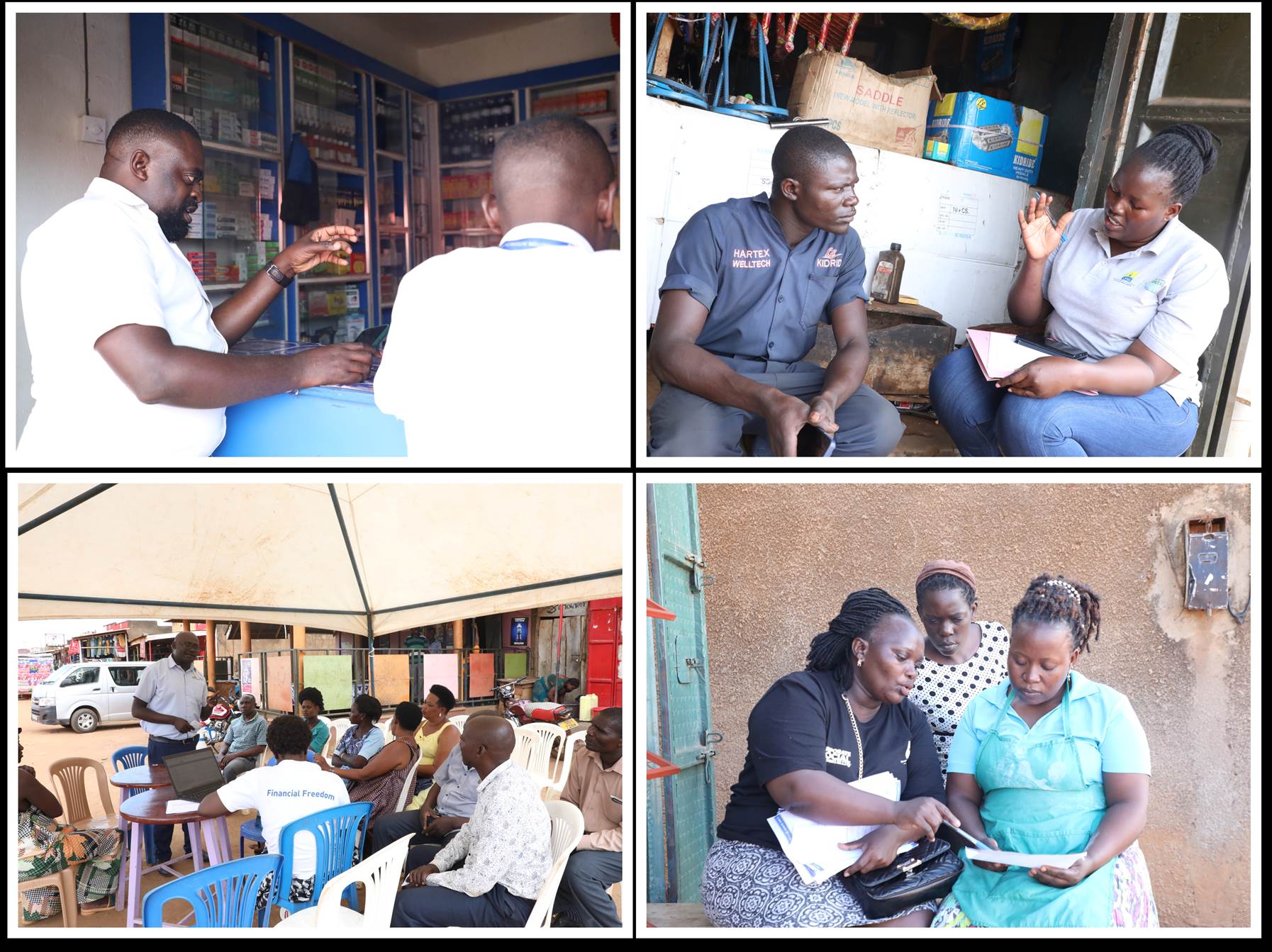By Kamugisha Kabahweza Allan and Photography by Irene Kabakama
The Uganda Revenue Authority (URA) has announced that it has collected UGX 256 Billion from the use of Exchange of Information on Request (EOIR), a tool that allows tax authorities to share information with other countries. The Commissioner General of URA, John R. Musinguzi, revealed this at the opening of the 2nd Round Peer Review on EOIR at Sheraton Kampala Hotel today.
Musinguzi said that EOIR has helped the URA to detect and deter tax evasion and fraud, increase voluntary compliance, and gain more knowledge of taxpayer operations. He also said that Uganda is currently rated “Largely Compliant” by the Organization for Economic Cooperation and Development (OECD) Global Forum, which assesses the compliance of countries with the international standards on EOIR.
He added that Uganda’s goal is to achieve a “Compliant” rating, which would have positive effects on the country’s reputation, business climate, and investment flows. He warned that a negative rating, such as “Non-Compliant” or “Partially Compliant”, would have adverse consequences for the country.
The Director of Economic Affairs at the Ministry of Finance, Planning and Economic Development, Moses Kaggwa, who represented the Minister, said that the Government has supported the economy to recover from the COVID pandemic by reducing borrowing and adopting tax policies that increase the efficiency of URA. He clarified that these policies do not involve increasing tax rates, but rather exchanging information with other agencies and partner states under the OECD Global Forum.
The peer review, which concludes this Friday, will conduct a thorough evaluation of how Uganda implements the standard of transparency and exchange of information for tax purposes. The outcome of this review will determine Uganda’s international rating on compliance to exchange of information on request. This is the second round of peer review for Uganda, covering the period from January 2020 to December 2022.
The Global Forum has assigned three assessors from Norway and India, both member jurisdictions, to conduct the review. Lead Assessor Agnes Rojas said that Uganda’s previous rating in 2016 was “Largely Compliant” and that the country will receive a new rating in 2024 when the final report is submitted for discussion and approval in Paris, France.
The peer review process examines both the legal and regulatory framework and the practical implementation of the Exchange of Information on Request (EOIR) standard in Uganda. The peer review aims to ensure and enhance the effective exchange of information by assessing three main aspects:
a) The availability of information on legal ownership, identity, beneficial ownership, accounting, and banking.
b) The access to this information by Uganda Revenue Authority.
c) The efficiency of mechanisms in place to exchange this information with treaty partners.
The Global Forum comprises 162-member jurisdictions and Uganda can currently exchange taxpayer information with more than 147 jurisdictions around the world for tax purposes.










